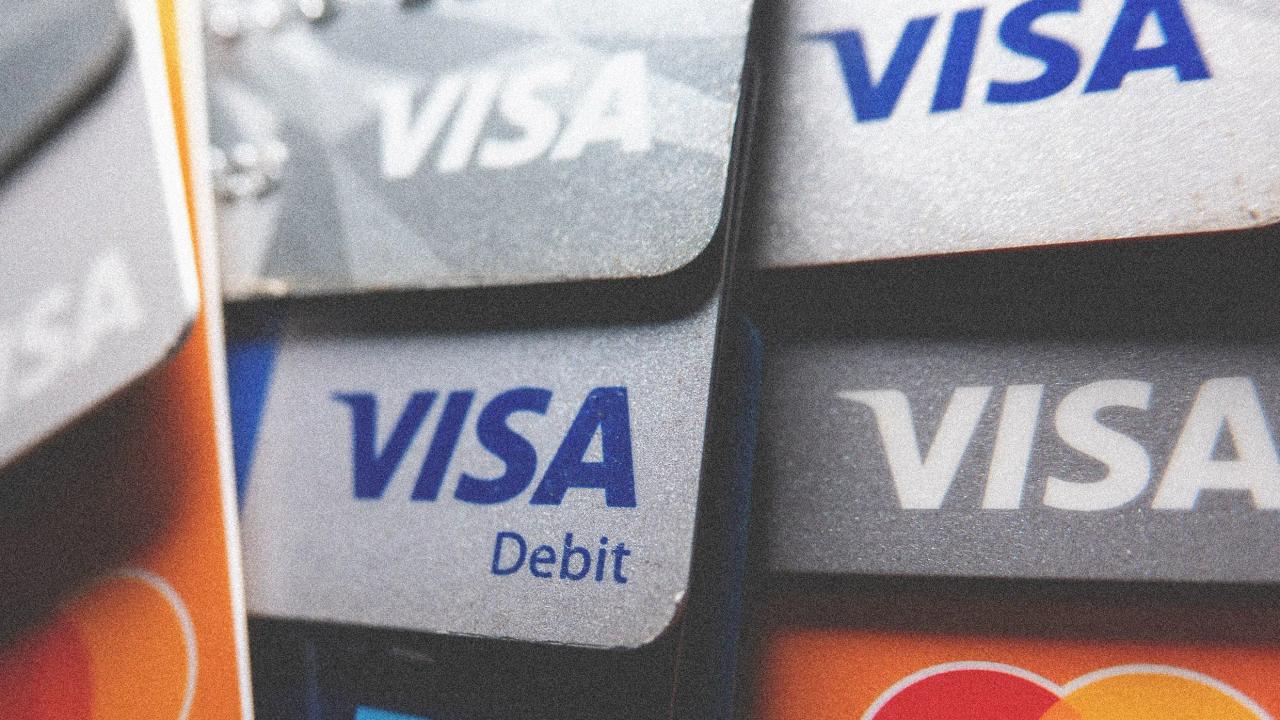Visa Launches Cybersecurity Advisory Practice to Combat AI-Driven Scams
2 Sources
2 Sources
[1]
Exclusive: Visa announces new cybersecurity protections in the wake of rising scams
Today, August 6, Visa unveils its new Cybersecurity Advisory Practice, providing customers and businesses with access to advanced tools designed to protect against the growing threat of cybercrime. Over the past year, the digital payments giant says it has invested billions in cybersecurity infrastructure and enhanced its global payments network by deploying generative AI to detect and block fraud. With its latest initiative, Visa plans to share those capabilities directly with clients to address mounting concerns around information security in the AI era. The new practice will leverage Visa's internal fraud-fighting insights and adapt them to meet the specific needs of each business. Utilizing AI and drawing from a team of 2,000 consultants, data scientists, and product experts, Visa aims to help clients defend against increasingly sophisticated cyberattacks.
[2]
Visa Reveals New 'Cybersecurity' Division as AI Voice Scams Skyrocket
Visa is launching a Cybersecurity Advisory Practice in response to the growing threat that AI-generated voice scams are having on the banking industry. The new program is aimed at helping Visa clients "identify, evaluate, and thwart emerging cybersecurity threats," the company told Entrepreneur in an email. In March, consulting firm Accenture surveyed 600 banks about the onslaught of AI-generated scams, and 80% said generative AI is allowing hackers to launch attacks faster than they can respond. Last month, OpenAI CEO Sam Altman told a crowd of financial regulators and industry experts at a Federal Reserve conference that banks using voices as authentication "terrifies" him. Related: AI Cloning Can Copy Your Voice (and Empty Your Bank Account) in 3 Seconds. Here's How to Protect Yourself. Meanwhile, this week, IT giant Cisco revealed that it had recently faced a major data breach when an employee fell victim to a voice phishing attack. And it's not just global banks and tech companies; the scams are also affecting Main Street. A Florida senior recently lost $15,000 when bad actors used AI to clone her daughter's voice, and a man in California lost $25,000 in a similar manner. "When it comes to cybersecurity and fraud prevention, proactive detection and response is key," said James Mirfin, global head of risk and identity solutions at Visa. "Our clients, which range from small mom-and-pop shops to larger enterprises, need comprehensive resources that can be scaled to meet the unique needs of their business." Visa's new options offer training programs for employees about cybersecurity best practices and other services like system evaluations and defense protection to block attacks. Related: How Did a Hacker Sneak Past Cisco's Defenses Using Just a Voice? Here's What to Know About the Data Breach. "Cybersecurity is no longer seen as a cost center, but as a vital part of any business's growth strategy," said Carl Rutstein, global head of advisory services for Visa.
Share
Share
Copy Link
Visa introduces a new Cybersecurity Advisory Practice to help clients combat the rising threat of AI-generated scams, leveraging its advanced AI-powered fraud detection capabilities and expert consultants.
Visa's New Cybersecurity Initiative
Visa, the digital payments giant, has announced the launch of its Cybersecurity Advisory Practice on August 6, 2023. This new initiative aims to provide customers and businesses with advanced tools to protect against the growing threat of cybercrime, particularly in the wake of rising AI-generated scams
1
.
Source: Fast Company
Addressing AI-Driven Security Concerns
The move comes as a response to the increasing sophistication of cyberattacks, especially those leveraging artificial intelligence. According to a survey by Accenture, 80% of banks reported that generative AI is enabling hackers to launch attacks faster than they can respond
2
. This growing threat has raised alarms across the financial industry, with OpenAI CEO Sam Altman expressing concerns about banks using voice authentication.Visa's Cybersecurity Investments and Capabilities
Over the past year, Visa has invested billions in cybersecurity infrastructure and enhanced its global payments network. The company has deployed generative AI to detect and block fraud, and now plans to share these capabilities directly with clients
1
. The new advisory practice will leverage Visa's internal fraud-fighting insights and adapt them to meet the specific needs of each business.Features of the Cybersecurity Advisory Practice

Source: Entrepreneur
The new practice offers a range of services, including:
- Training programs for employees on cybersecurity best practices
- System evaluations
- Defense protection to block attacks
Visa's approach utilizes AI and draws from a team of 2,000 consultants, data scientists, and product experts to help clients defend against sophisticated cyberattacks
1
.Related Stories
Real-World Impact of AI Scams
The threat of AI-generated scams extends beyond global banks and tech companies, affecting individuals as well. Recent incidents include a Florida senior losing $15,000 and a California man losing $25,000 to scammers using AI-cloned voices of their family members
2
. Even tech giants like Cisco have fallen victim to voice phishing attacks, highlighting the urgency of addressing this growing threat.Industry Perspective on Cybersecurity
James Mirfin, global head of risk and identity solutions at Visa, emphasized the importance of proactive detection and response in cybersecurity and fraud prevention. Carl Rutstein, global head of advisory services for Visa, noted that cybersecurity is now viewed as a vital part of business growth strategy rather than just a cost center
2
.As AI-driven scams continue to evolve and pose significant threats to financial security, Visa's new Cybersecurity Advisory Practice represents a proactive step in equipping businesses with the tools and knowledge needed to protect themselves and their customers in an increasingly complex digital landscape.
References
Summarized by
Navi
Related Stories
Recent Highlights
1
ByteDance's Seedance 2.0 AI video generator triggers copyright infringement battle with Hollywood
Policy and Regulation

2
Demis Hassabis predicts AGI in 5-8 years, sees new golden era transforming medicine and science
Technology

3
Nvidia and Meta forge massive chip deal as computing power demands reshape AI infrastructure
Technology








